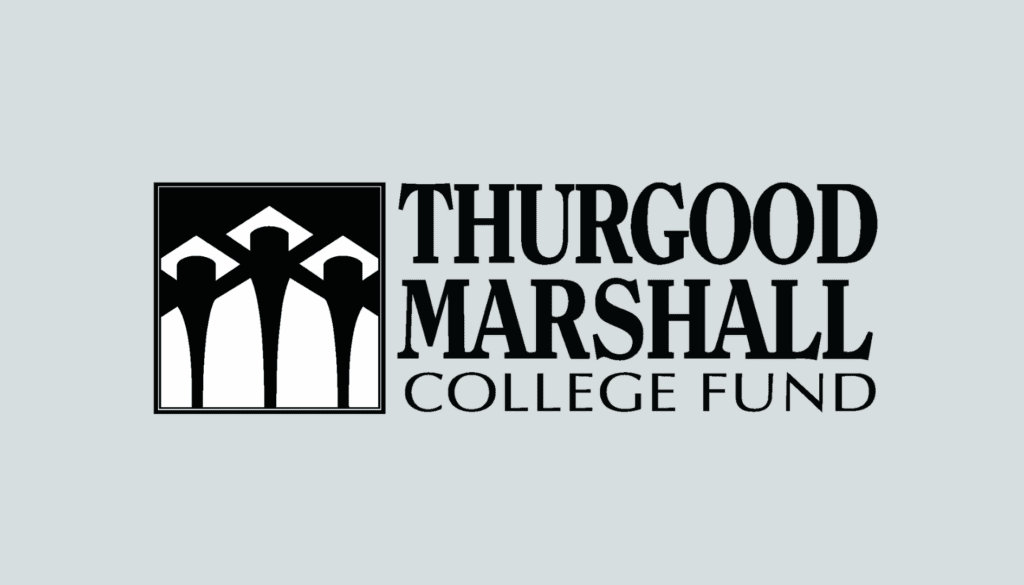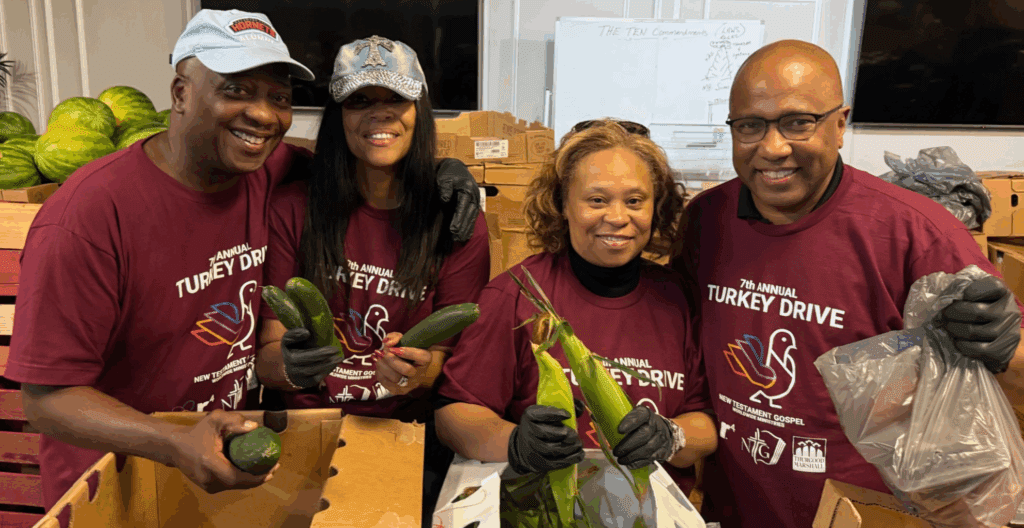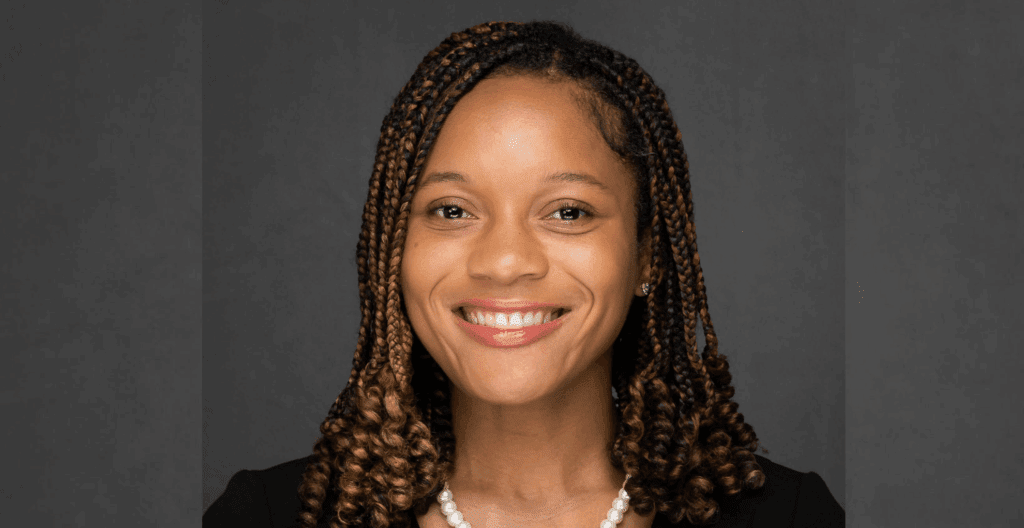A HISTORICALLY black college in the US has been saved from closure thanks to a crowdfunding campaign.
Bennett College, one of just two all-women historically black colleges, was facing closure and the loss of its accreditation as a result of financial instability.
The college, located in Greensboro, North Carolina, has raised $8.2 million dollars after launching a nationwide #StandWithBennett campaign. The funds exceed the college’s $5 million target.
Addressing a packed out Annie Merner Pfeiffer Chapel on Tuesday, Bennett College president Dr Phyllis Worthy Dawkins, said: “So, we’ve come to the moment that you’ve been waiting for.
“As of today, and let me just say we’re still counting. We are still counting money. But as of today, Bennett College has raised $8.2 million.”
The college says that 11,000 donors helped save it from losing its accreditation. Among the donors was High Point University which supported Bennett College’s cause with a $1 million donation and New Birth Missionary Baptist Church in Atlanta, which donated $16,000.
The school will be informed of the accreditation board’s review decision on February 25, following a formal accreditation appeal on February 19, NBC News reported.
Among Bennett College’s graduates are the first African-American woman licensed surgeon in the south, the first woman or African-American to head the US Peace Corps, the first African-American mayor of the city of Greensboro, the first African-American female mayor in the state of Washington and the writer of the screenplay The Loving Story, which in 2016 was turned into an Academy Award-nominated motion picture.
Financial insecurity is an issue that affects all historically black colleges and universities (HBCUs) in the US as they often receive considerably less funding than their counterparts.
There are more than 100 historically black colleges and universities in the US. The higher education institutions are called HBCUs because they were established prior to the 1964 Civil Rights Act and as such existed before black and white students were allowed to attend college together.
While they are more diverse today, HBCUs are still instrumental in helping black students, who would otherwise not be able to attend university, become graduates. They also provide spaces which celebrate, value and understand the African American experience, black culture and arts.
Yesterday, democratic senator and 2020 presidential hopeful Kamala Harris and republican senator Lindsey Graham reintroduced a bill to preserve the HBCU buildings and sites.
The bill would enable the institutions to access grants to restore buildings which have deteriorated over the years and improve campus sites.
“Our historically black colleges and universities are one of the most important vehicles for higher education and upward mobility in America. Without them, we would have no Thurgood Marshall, Oprah Winfrey, Barbara Jordan or Chadwick Boseman,” the LA Sentinel reported Dr Harry L. Williams, president and CEO, Thurgood Marshall College Fund, said.



